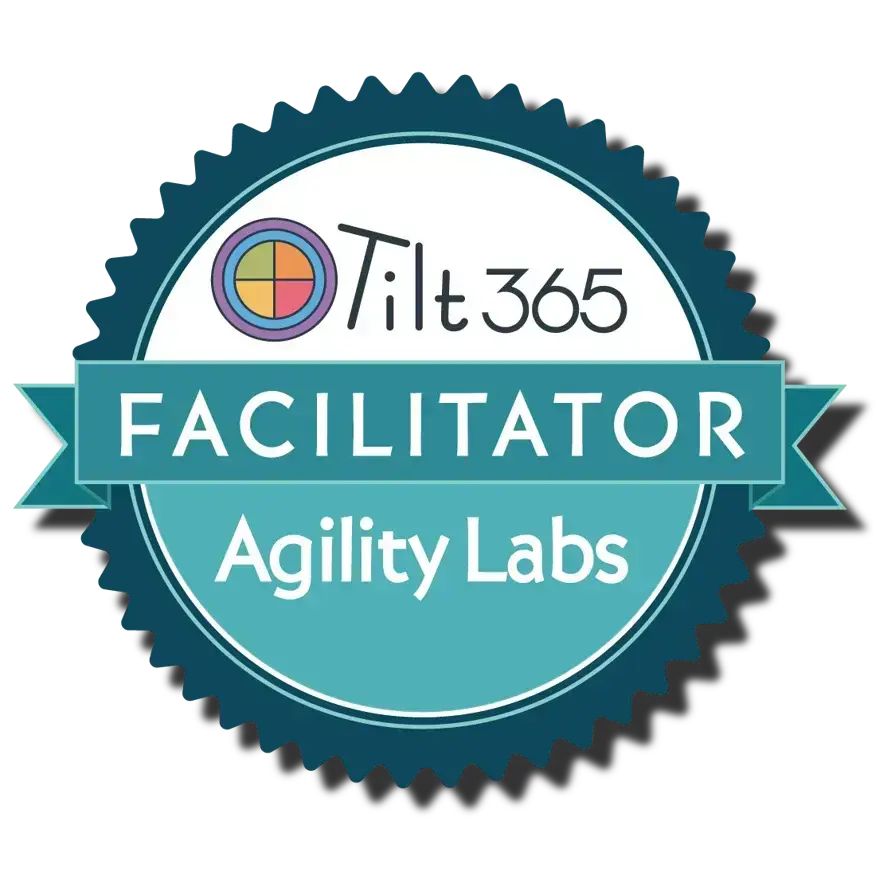Build Thriving, Agile Teams with Science-Backed Personality Strengths Assessments
Visual
Actionable
Scalable
When fear drives extremes, understanding character strengths brings balance, agility—and breakthrough performance.
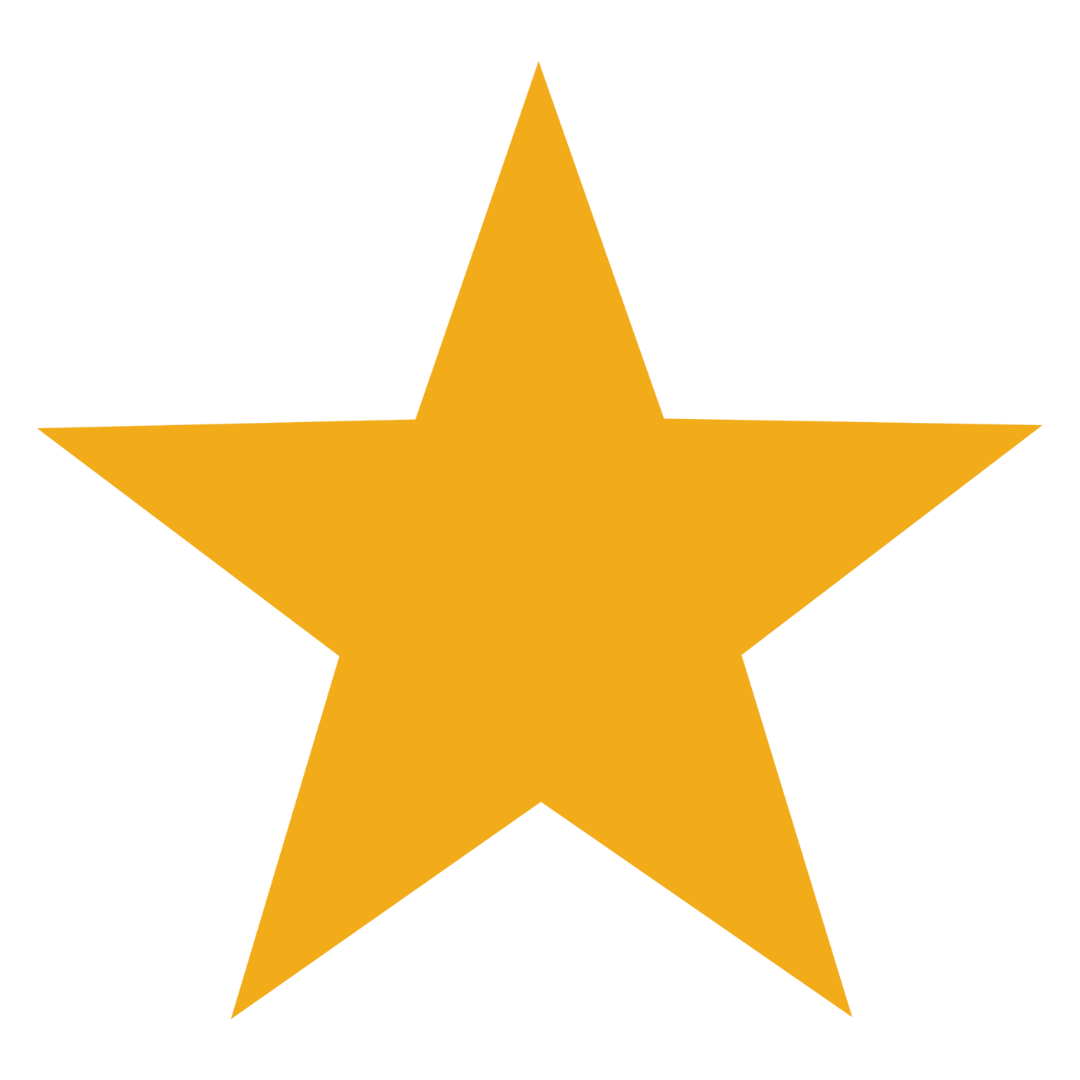




Reviews
Used by 160,00 people, Trusted by teams at
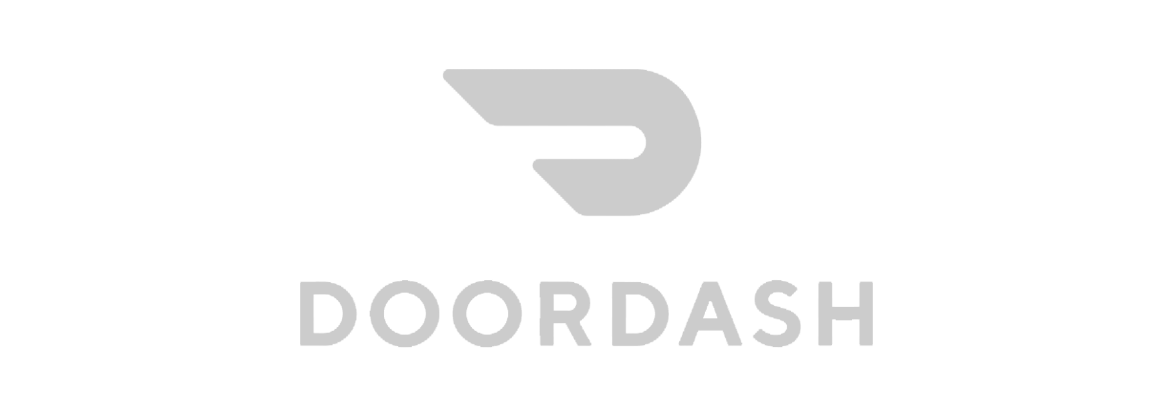



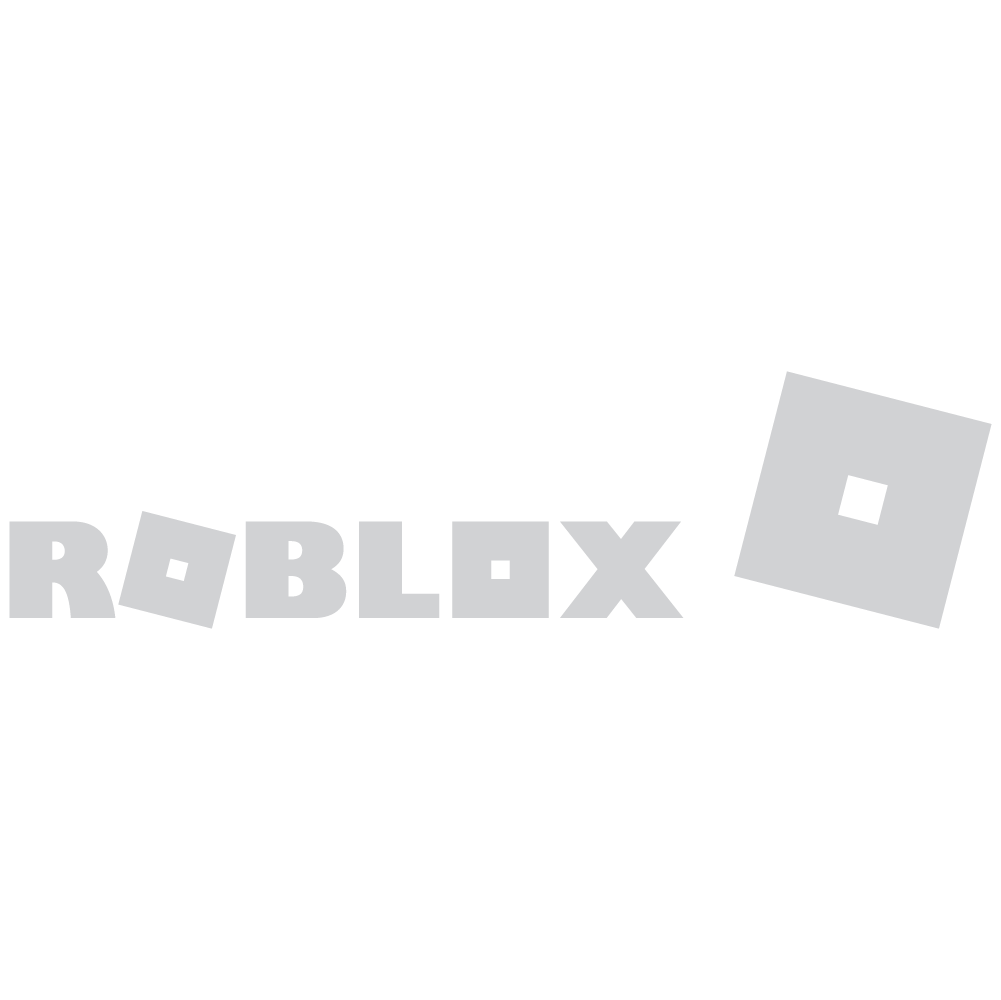


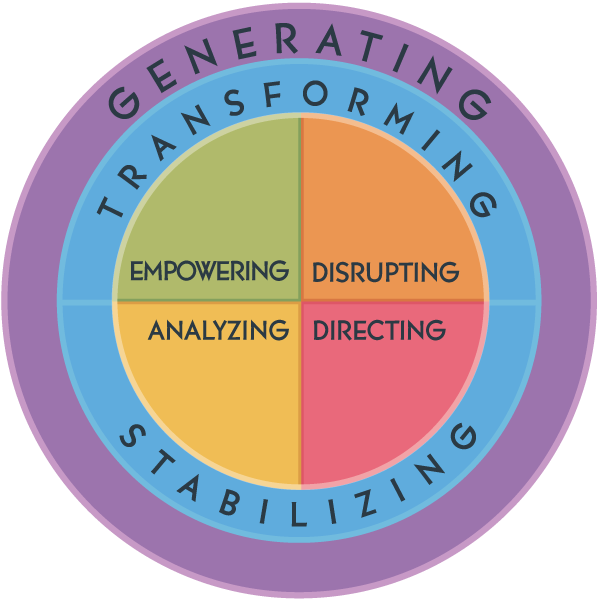
ASSESSMENTS
Tilt Agility Growth Suite shows your default biases and teaches new behaviors in a holistic way
Map your 12 character strengths and track your development over time to impact your performance.
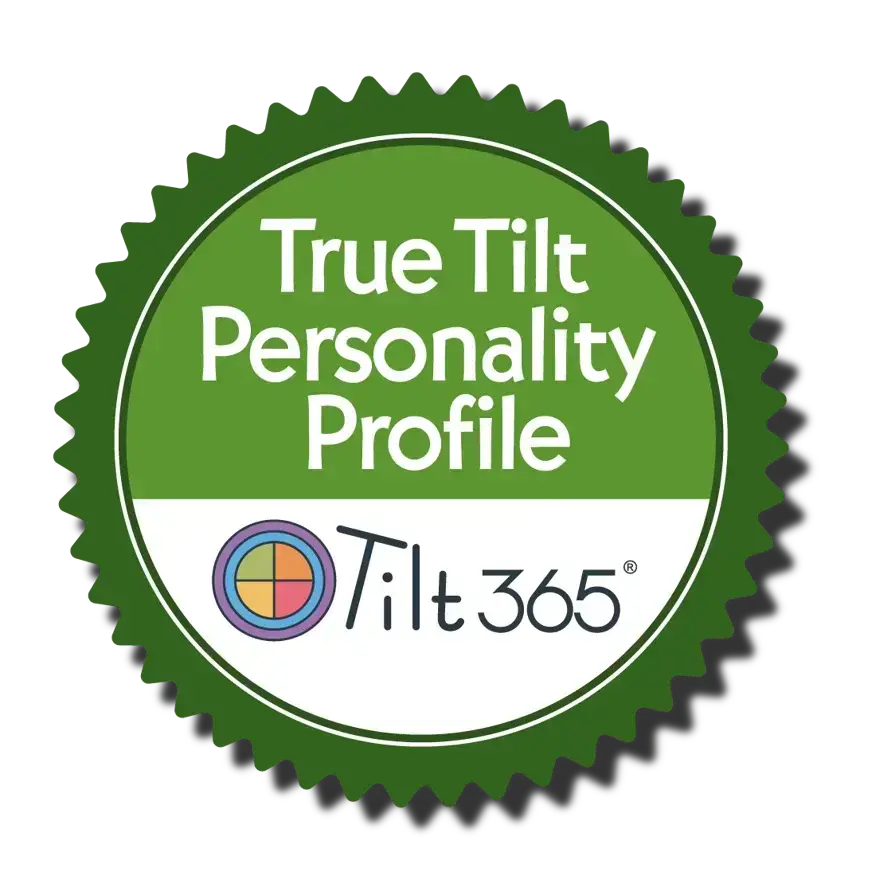
WORKSHOPS
Tilt Workshops trains teams how to integrate their strengths to solve real problems in real time.
.png)
CERTIFICATIONS
Tilt Certifications offers CE credits and guides practitioners on how to build Tilt into their organizations
Tilt 365 Certifications
Learn how to leverage the Tilt assessments to drive success through development, agility, collaboration, and effective workplace dynamics.
Laser Coaching Masterclass
This ICF-accredited course integrates laser coaching with a scientific framework to swiftly identify clients' opportunities and derailers at the identity level.
Team Agility Labs
Get everything you need to facilitate new lab experiences for monthly team growth, helping them communicate transparently and innovate quickly.
Wall of Love for Tilt365 - What Our Customers Say!
I'm Interested in Tilt365 for:
 Individual
Individual
Learn how to use Tilt Assessments develop your specific abilities to powerfully respond to any circumstance
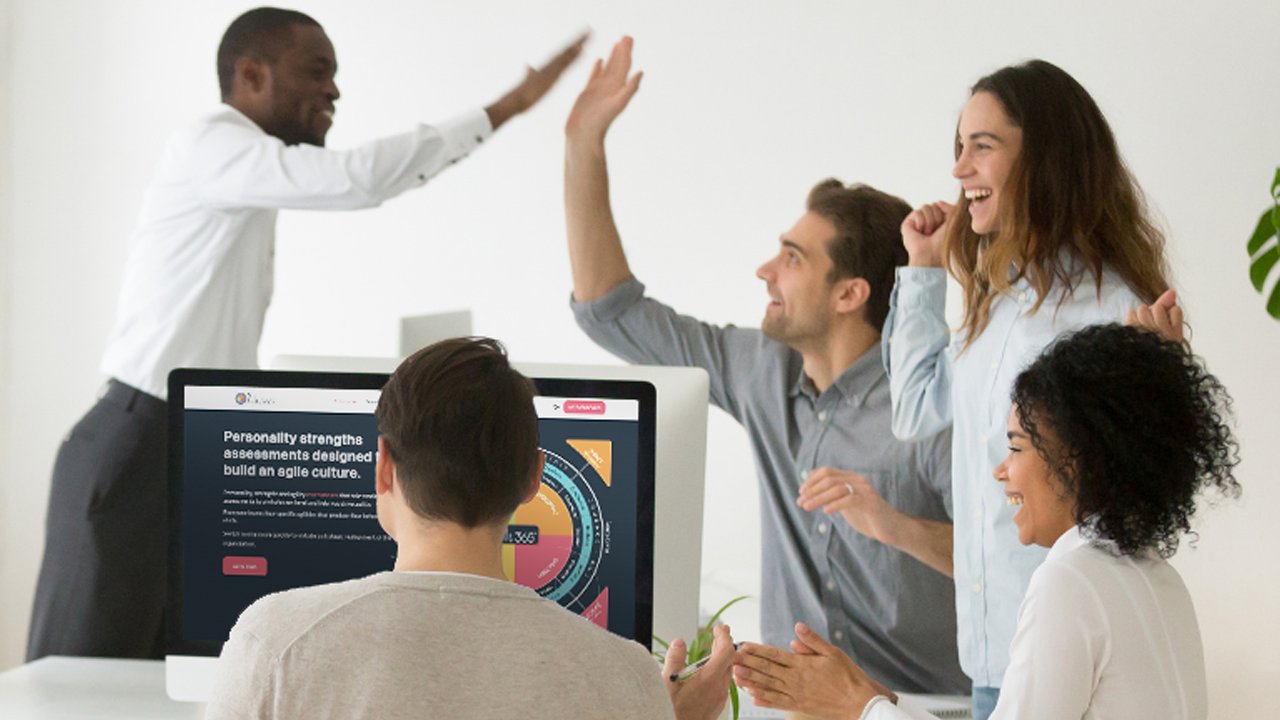 My Team
My Team
Learn how to build a high-performance team by addressing your daily challenges head-on with a blend of design thinking, conflict resolution, and Intentional Tilting.
.jpg) Practitioner
Practitioner

.png)
.png)
